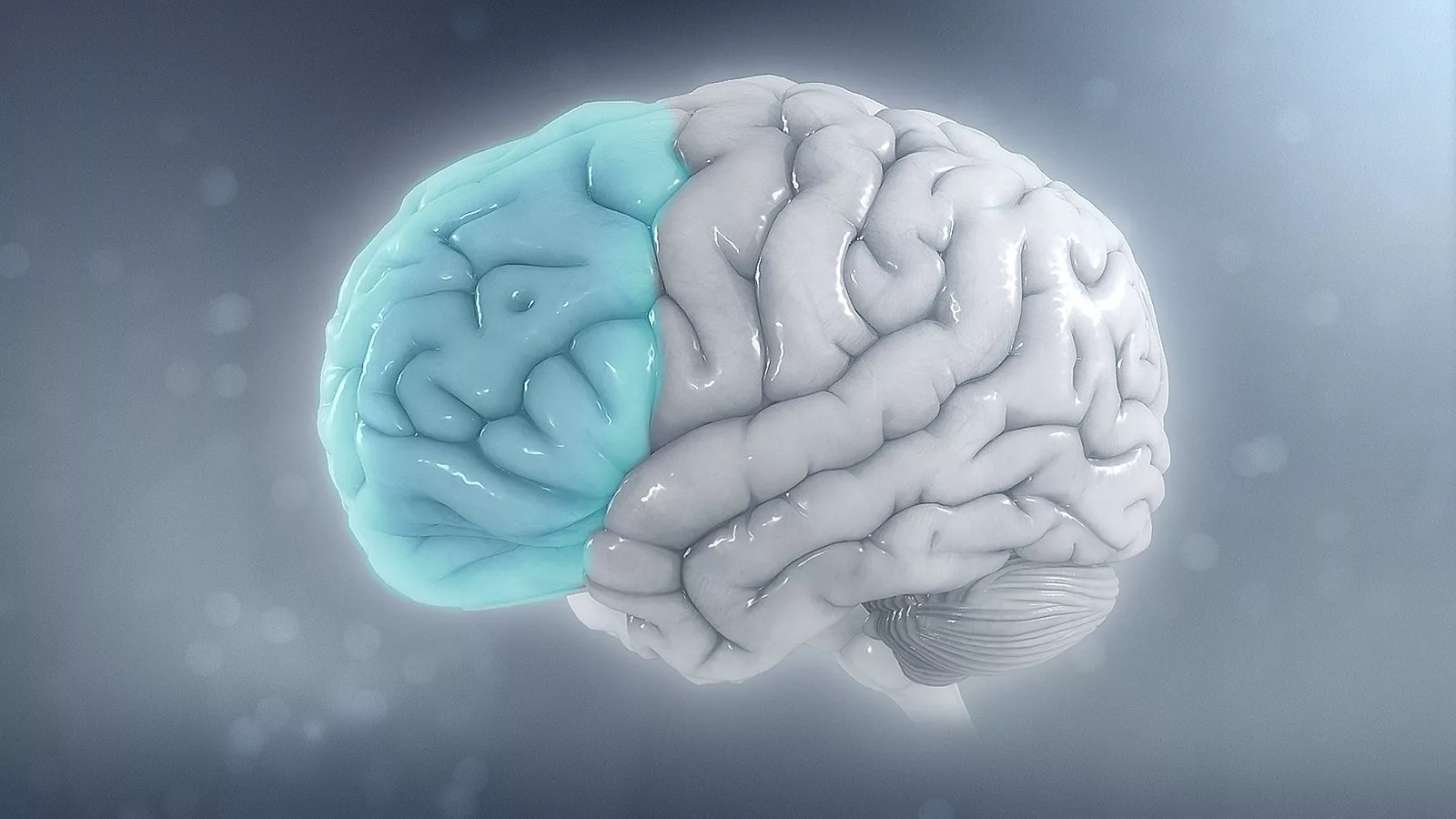A combined research effort from Oxford University’s Medical Research Council Brain Network Dynamics Unit and the Nuffield Department of Clinical Neurosciences has uncovered a specific pattern of nerve cell activity that leads to the production of insistent memories. The research sought to understand the persistence of memories associated with negative behavioural patterns.
The research monitored populations of nerve cells in various regions of the brain. The researchers used mice and documented their neural activity after giving them cocaine, noting the nerve cells connections across regions.
It is already known that memories associated with taking illegal substances and making rash decisions are more intense and encourage their repetition. The monitoring of nerve cells simultaneously in multiple regions aided the identification of a novel mechanism that may affect the creation of these overpowering memories. Researchers also found when they decreased this activity the mice returned to more stable behaviour.
The first author of the research paper, Dr. Charlie Clarke-Williams, said: “In the case of experiencing drugs of abuse like cocaine, this natural mechanism [internal representation of life experience] is hijacked and can lead to inappropriate actions and, ultimately, addiction. Here we explored how populations of nerve cells distributed across the brain cooperate to underlie strong memory.”
Dr Charlie Clarke-Williams’ paper is titled “Coordinating brain-distributed network activities in memory resistant to extinction” and can be found in the peer-reviewed journal Cell.
Oxford Professor David Dupret was a senior author of the paper and had the following to say on its research implications: “Memories should be balanced. Weak memories are often observed in ageing or dementia. But at the other end of the spectrum are abnormally powerful memories, which are characterised by unfiltered information processing.
“Strong memories that can drive inappropriate actions are seen in a wide range of brain conditions, such as drug addiction or post-traumatic stress disorders. This research provides vital new understanding of how these memories are created in the brain, an important step in identifying new targets for treatments.”



